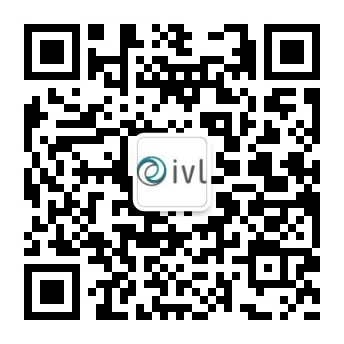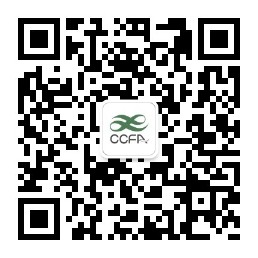
Ensuring sustainable agriculture production and logistics along the supply chain
Agriculture is very important in China, with an annual production of 2.2 billion tons agricultural product, among which 70% is circulated along the food supply chain. Around half of the production is for fruits and vegetables. However, agricultural product supply system cannot meet the fast development of consumption and industrialisation. Due to the low capacities of farmers, un-standardized and un-regulated cultivating, harvesting, processing and distribution system, high costs for distribution, lack of complete standards and short of innovative logistics solutions/technologies, the agricultural supply in China is still not very well organised, hindering Chinese agricultural urbanisation. The inefficient and un-standardized development also creates risks for food safety, food loss and waste, increases various environmental pollution (such as through overuse of pesticides and fertilisers) and climate change influence, and poses pressure on biodiversity. This project will take the advanced experience from Europe and integrate that into the training system to CAFs (MSMEs) and farmers, in order to reduce the use of pesticides/fertilisers/water, and verification system as well as innovative logistics solution Fruits and vegetable Returnable Plastic Crate (FVRPC) will be promoted among retailers, CAFs and farmers including relevant guidelines, standards and policy proposals.
Increase the overall fresh food supply chain resource utilisation and efficiency and food safety from production to distribution in the context of the circular economy, guaranteeing sustainable agriculture production and logistics along the supply chain. The specific objectives include:
Raise the capacities of farmers and Cooperative Agency of Farmers (CAFs) via “train the trainers” in more eco-efficient agricultural production, improved processing and packaging, better food safety concern with consistent verification system including the relevant guidelines, standards;
Verify and exhibit the excellence as well as to promote the utilisation of innovative logistics solutions – Fruits and vegetable Returnable Plastic Crate (FVRPC);
Provide relevant policy recommendations to guarantee the triggers, remove the barriers, and provide the supports for transformation to sustainable agriculture production/logistics.
Increased capacities of farmers and CAFs with higher production skills in less use of fertilisers/ pesticides/water, better processing/storage/packaging, and better understanding and performance on food safety, consistent verification system including farmers’ self-check acknowledged by chain retailers;
Exhibited excellence of the FVRPC system in economy (life cycle costs), environment (life cycle impacts) and logistics efficiency through usage guidelines development and demonstration cases analysis;
Promoted and broadly acknowledged food safety consistent verification system for food safety leverage to link farmers and CAFs (MSMEs) with retailers and distributers;
Promoted and broadly acknowledged and increased usage of the FVRPC system among retailers and distributers;
Systematic standards, specifications, as well as policy proposals on guaranteeing the triggers, removing the barriers, and providing the supports to the system implementation;
Less pollution and waste from agricultural production (fruits and vegetables) and logistics process, more resource efficient, and more food safety.
This project will result in reduction of food loss and packaging, as well as the use of pesticide and fertilizers, among others. It will also provide guidelines on food safety and innovative logistics, thus contributing to higher efficiency, circular economy and less pollution and waste, leading to climate change mitigation, reduction of pressure on bio-diversity, and also a resource efficient and environmental friendly society. In line with EU Green Deal priorities, and in particular the From Fark to Fork Strategy, the project also contributes to fresh air, clean water, healthy soil and biodiversity, technological innovation, jobs and skills training for the transition, as well as global competitive and resilient agricultural industries.
2022-2025


IVL


CCFA

